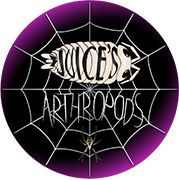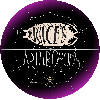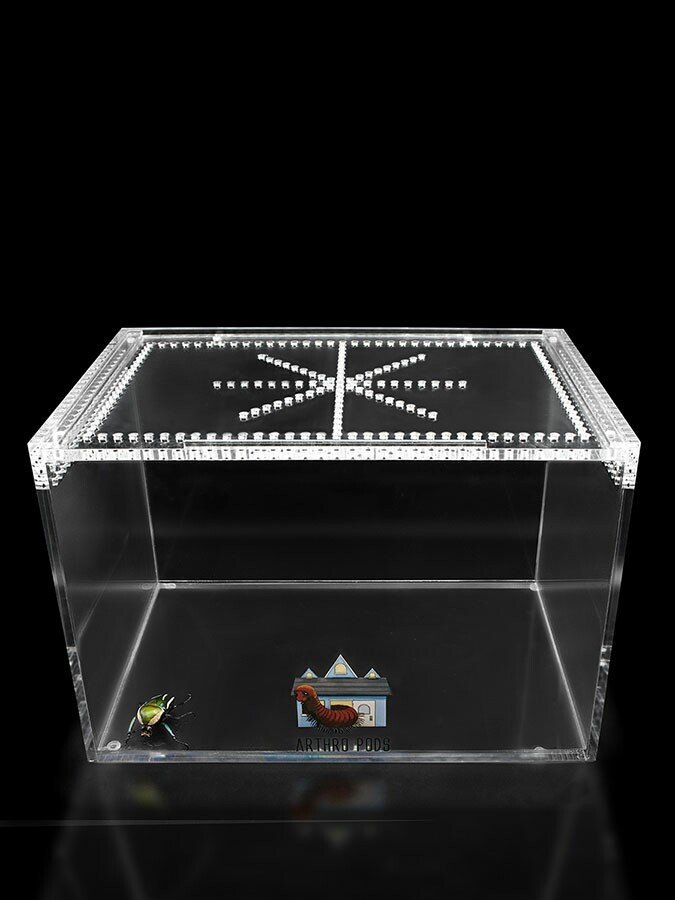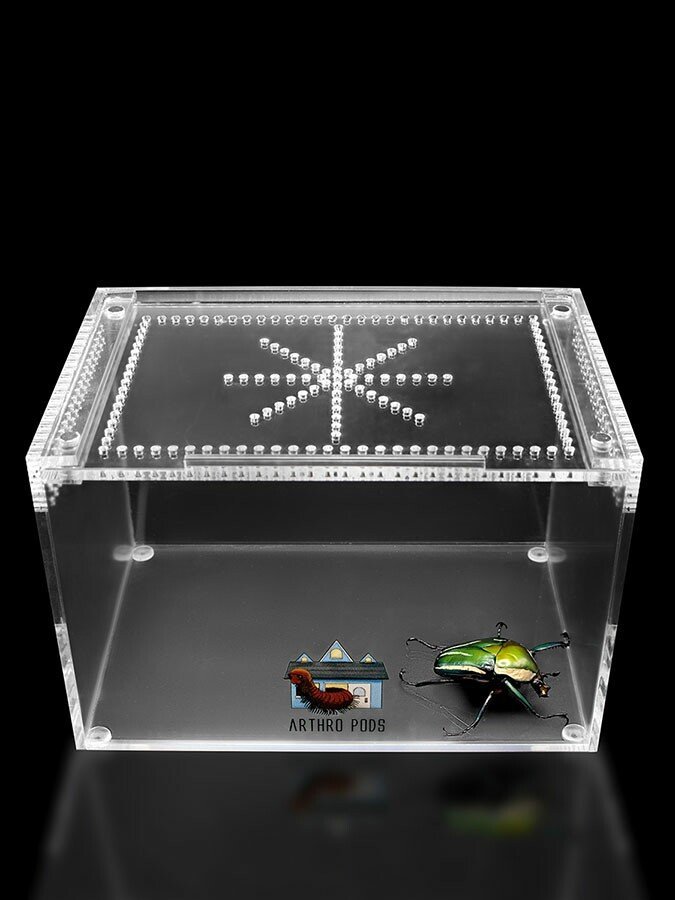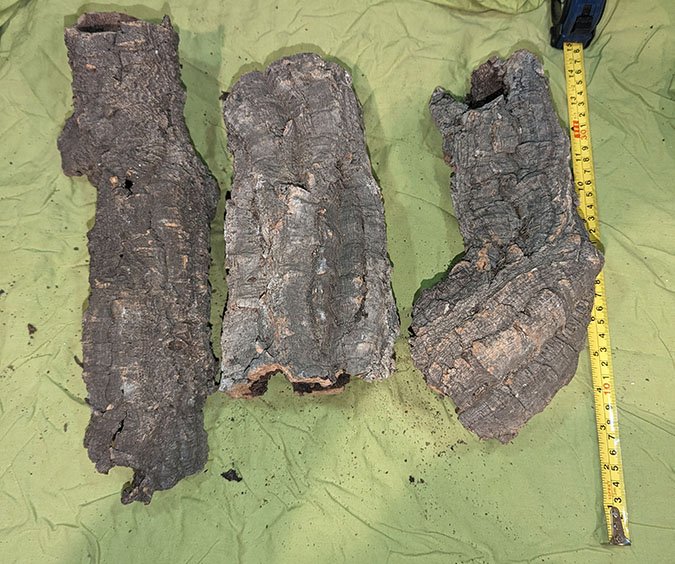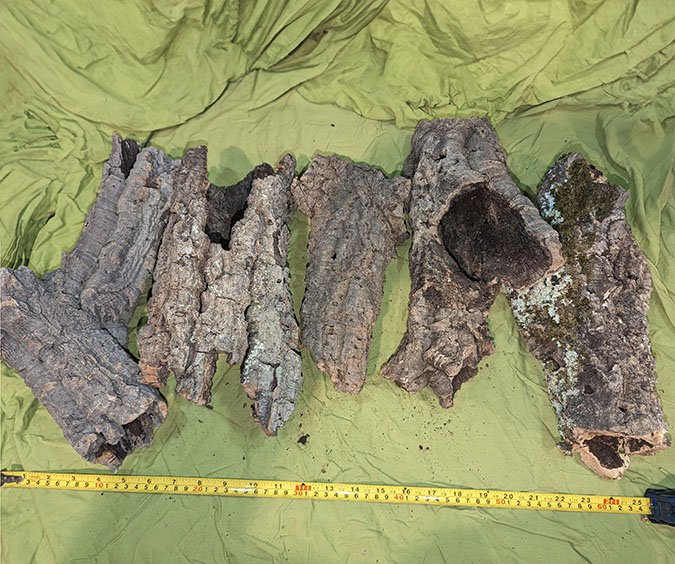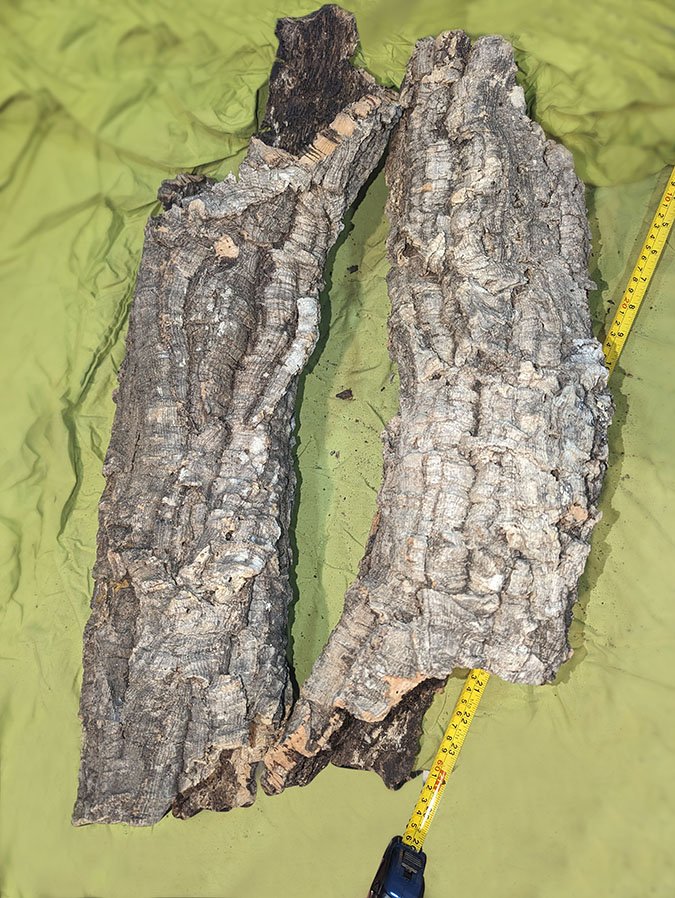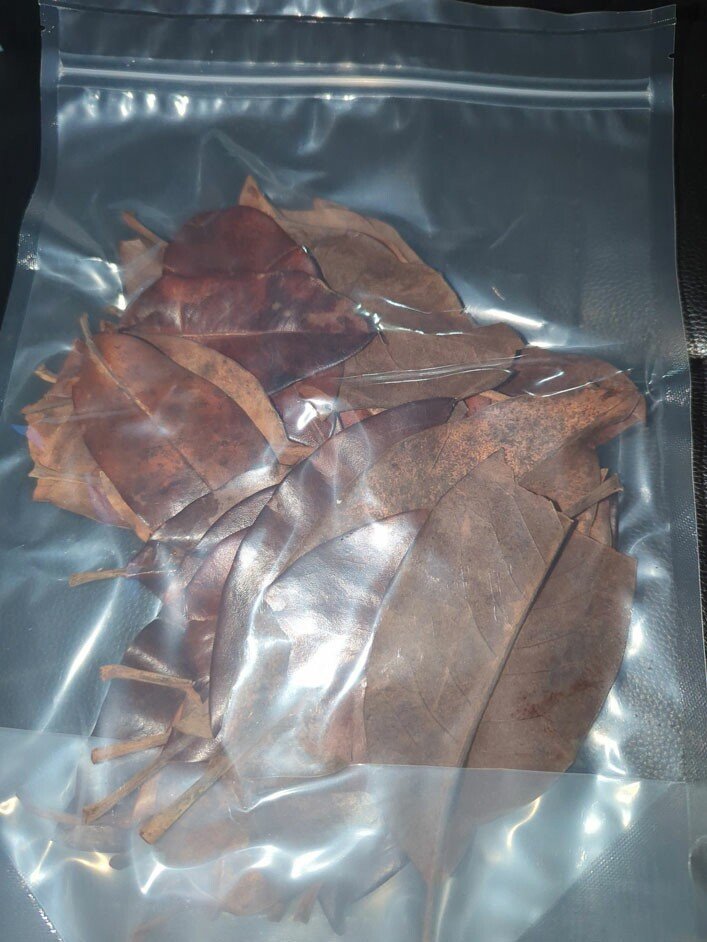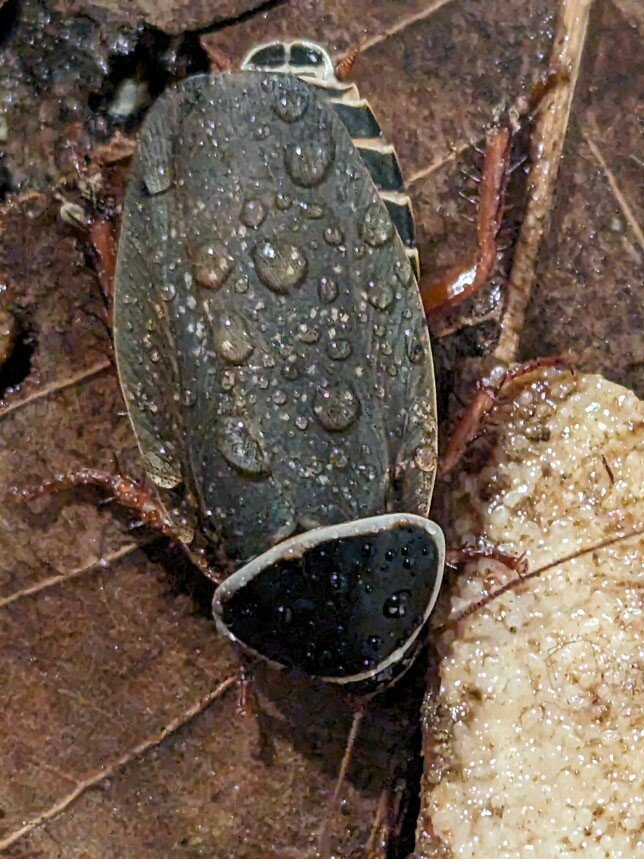What's the ideal diet for a Domino Roach?
We highly recommend feeding this species a balanced diet of vegetables & proteins. Additionally, we suggest introducing cuttlebone or crushed egg shells into the enclosure for a calcium boost. For vegetables, we recommend bok choy, mustard greens, and collard greens, as well as organic butternut squash or whatever squash is easily available. Cucumbers can be given for water purposes only, but note that they mold easily, and springtails must be added to the enclosure to keep the mold spores to a minimum. For proteins, we recommend dubia chow or just regular dog food, either crushed up into a paste or wet down and tossed in.
How should I keep a Domino Roach?
For habitats, we highly recommend keeping these guys in our Large Fossorial Fissure or Arboreal Bliss enclosures. Choose the Arboreal. If you want them to have some verticality, give them plenty of room to grow. With our magnetically fitted and sealed lid, you don’t need to worry about any offspring they have escaping. We recommend our Royal Soil blended substrate for soil. It will retain the proper moisture gradient needed and not dry out as quickly as plain dirt might.
